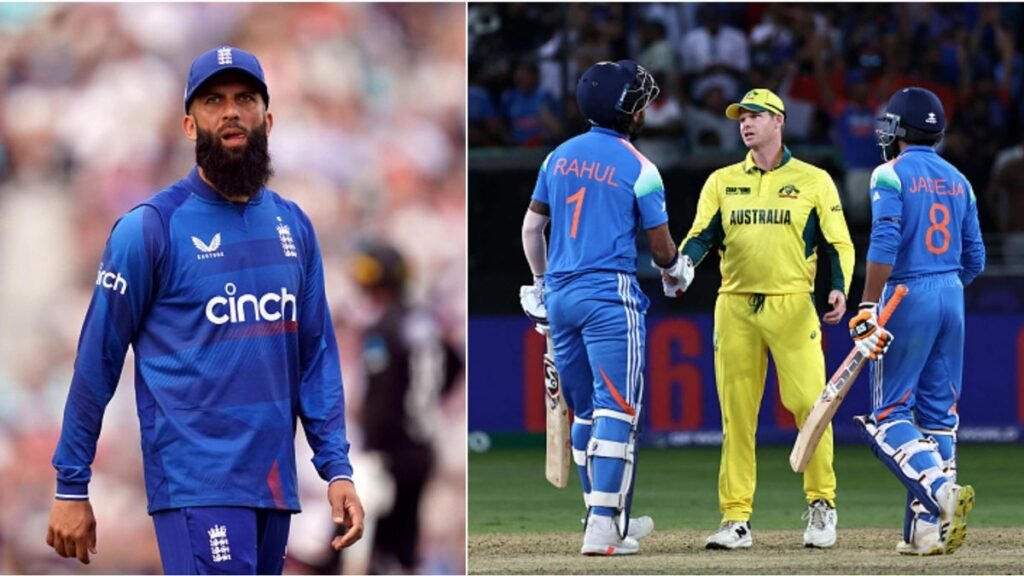
England all-rounder Moeen Ali has made strong remarks about the current state of One Day International (ODI) cricket, calling it the “worst format to play” and stating that it has “almost completely died out” except for major tournaments like the World Cup and Champions Trophy. His comments have reignited discussions on the future of the 50-over format, which has faced increasing scrutiny in the modern cricketing landscape.
Unfavorable Rules Making ODI Cricket Less Competitive
One of Ali’s primary concerns is the set of rules that govern ODI cricket, which he believes heavily favor batsmen and make the format less competitive. He specifically pointed out the use of two new balls in an innings as a major issue. Traditionally, reverse swing played a key role in the middle and death overs, giving bowlers a chance to fight back. However, with two new balls being used from either end, reverse swing has become almost non-existent, tilting the balance significantly in favor of batsmen.
Additionally, Ali criticized the fielding restrictions, which limit the number of players allowed outside the 30-yard circle after the first powerplay. With fewer fielders patrolling the deep, batsmen find it easier to score freely, resulting in higher totals and making the game one-dimensional. He believes these “terrible rules” have taken away the essence of the format, making it less enjoyable for both players and spectators.
Declining Popularity and Player Interest
Apart from the technical aspects, Ali also pointed out that ODIs no longer hold the same significance as they once did. Outside of the World Cup and Champions Trophy, bilateral ODI series struggle to attract crowds and maintain interest. He noted that players themselves are losing motivation to play the format, as it lacks the excitement and financial incentives of T20 cricket.
With the rise of domestic T20 leagues around the world, many players now prioritize shorter formats, where they can earn lucrative contracts while playing in high-intensity, fast-paced matches. The lack of financial rewards and dwindling engagement in ODIs have led to some players reconsidering their involvement in the format. There have already been instances of cricketers retiring from ODIs to extend their T20 careers, and Ali believes this trend could continue if the issues remain unaddressed.
Potential Solutions to Revive ODI Cricket
Ali’s remarks have sparked debates on how ODI cricket can be revived. Some experts suggest reverting to using a single ball per innings to bring reverse swing back into play, allowing bowlers to have a more significant impact. Others believe adjusting the fielding restrictions to create a better balance between bat and ball could make the format more engaging.
Another potential solution is restructuring the international cricket calendar to make ODIs more meaningful. Instead of frequently played bilateral series, focusing on fewer but more high-stakes tournaments could help maintain the prestige of the format. This approach would also ensure that players remain invested in ODIs without feeling overburdened by an excessive schedule.
The Future of ODIs
While Ali’s comments may seem harsh, they reflect a growing sentiment in the cricketing world. The future of ODI cricket is at a crossroads, with both players and fans questioning its long-term relevance. Whether the governing bodies take steps to address these concerns or allow the format to fade further remains to be seen. However, one thing is certain—changes are necessary if ODI cricket is to survive in an era dominated by T20 leagues and Test cricket’s revival.

